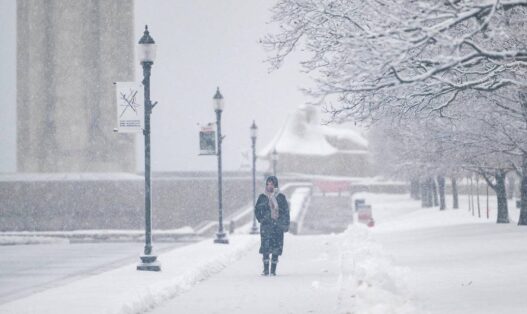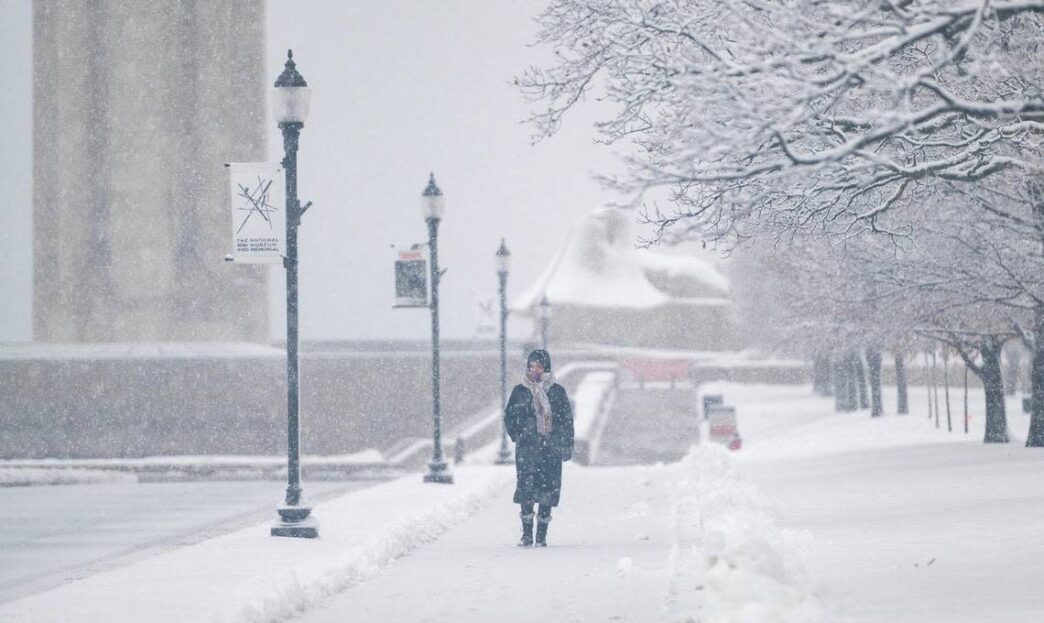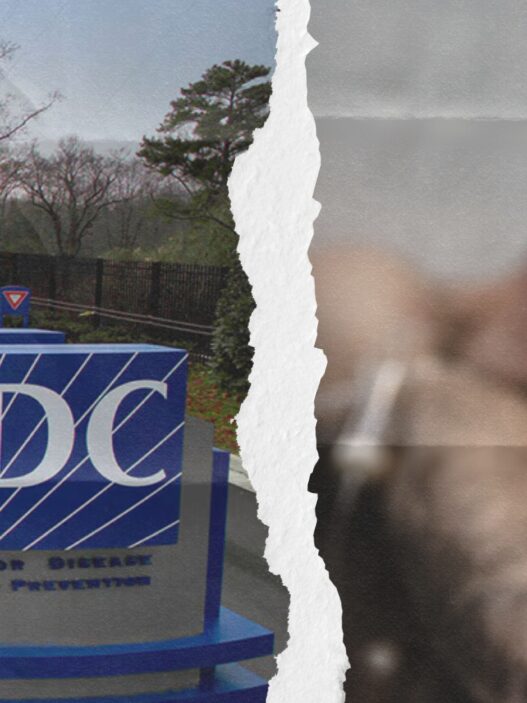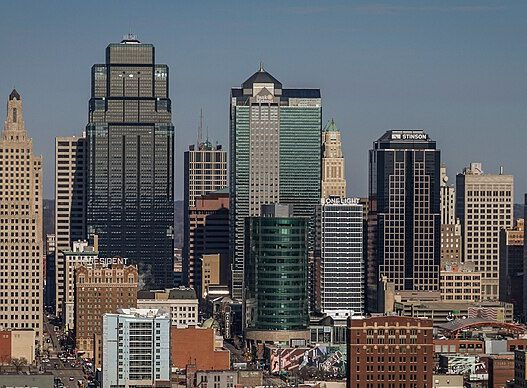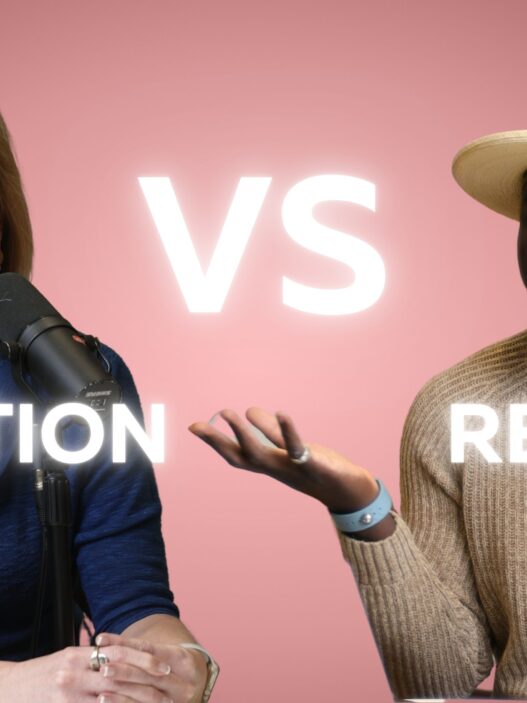As Kansas City battles dangerously cold temperatures and snowfall, many residents are focusing on staying warm and safe.
With subzero wind chills, icy roads, and extended periods indoors, winter’s grip isn’t just a threat to physical well-being, it’s also taking a toll on mental health.
Studies have long shown that prolonged exposure to cold, lack of sunlight, and isolation can significantly impact mood, motivation, and overall mental well-being.
As the city braces for more freezing temperatures, it’s essential to recognize the hidden emotional effects of extreme weather and find ways to stay connected, engaged, and mentally resilient.
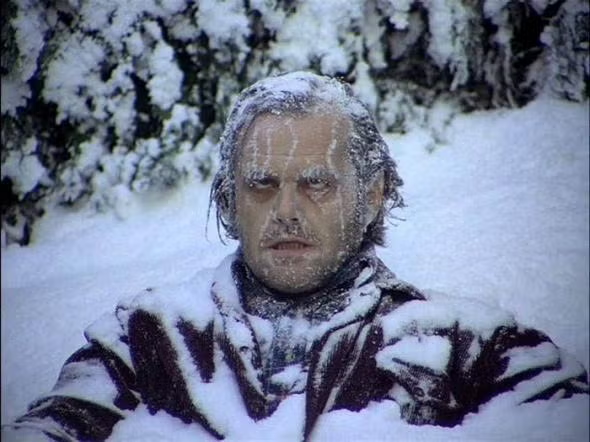
The Mental Health Toll of Extreme Cold
Kansas City is no stranger to winter storms, but when temperatures plummet to dangerous lows, the effects go beyond inconvenience.
For many, the cold brings seasonal affective disorder (SAD), increased stress and anxiety, and a feeling of isolation as people remain indoors for extended periods.
Here’s how frigid temperatures can affect mental health:
Increased Isolation and Loneliness- Dangerous road conditions and extreme cold keep people stuck at home, limiting social interactions.
- Fewer outdoor activities mean less movement, less fresh air, and less exposure to sunlight, all of which are vital for mental well-being.
- For individuals who already struggle with depression or anxiety, being alone for too long can worsen symptoms.
Seasonal Depression and Mood Shifts- Shorter days and less sunlight contribute to a lack of vitamin D, which has been linked to low energy, irritability, and depressive symptoms.
- The brain produces more melatonin (the sleep hormone) in the dark, making people feel sluggish, unmotivated, and emotionally drained.
Financial and Housing Stress- Rising heating bills put pressure on families already struggling to make ends meet.
- Those experiencing homelessness or housing insecurity face life-threatening conditions, increasing stress and trauma.
- Missed work due to extreme weather creates financial burdens that add to mental strain.
Lack of Physical Activity- Cold weather discourages exercise, which is proven to boost mood and reduce anxiety.
- Less movement leads to stiffness, fatigue, and lower energy levels, making it harder to stay mentally engaged.
Who’s Most at Risk?
Certain groups in Kansas City are especially vulnerable to the mental health effects of extreme cold:
- Older adults who live alone and may have limited mobility.
- People experiencing homelessness who struggle to find warm, safe shelter.
- Low-income families facing heating costs and financial stress.
- Those with preexisting mental health conditions, such as depression or anxiety, who may experience worsening symptoms.
How to Protect Your Mental Health in Extreme Cold
While we can’t control the weather, we can take steps to protect our mental health during these bitterly cold days:
Stay Connected: Even if you’re stuck inside, reach out to friends and family through phone calls, video chats, or social media. Isolation can make winter depression worse, so making an effort to stay socially engaged is key.
Get Sunlight When Possible: Open blinds, sit near windows, or go outside for even a few minutes when the sun is out. Light therapy lamps can also help mimic natural sunlight.
Move Your Body: Stretch, do home workouts, or take short walks indoors. Exercise releases endorphins that help combat winter blues.
Stay Warm and Comfortable: Layer up, drink warm beverages, and create a cozy indoor space that feels comforting. Physical warmth can have a positive impact on mood.
Check on Others: If you have elderly neighbors, friends struggling with mental health, or loved ones who live alone, check in on them. Community support is crucial in extreme weather.
Community Support in Kansas City
Fortunately, local organizations are stepping up to help those most at risk during the cold:
Warming Centers: Kansas City has opened shelters for those needing warmth and safety. Many offer hot meals, warm clothing, and mental health resources.
Transportation Assistance: Some nonprofits and churches provide transportation to warming shelters for people in need.
Utility Assistance Programs: Energy assistance programs help low-income families keep the heat on during extreme cold.
Final Thoughts: Prioritizing Mental Well-Being in Winter
Kansas City’s bitter cold isn’t just a physical challenge, it’s a mental health challenge too.
As temperatures drop, it’s crucial to stay mindful of the emotional effects of winter and take proactive steps to combat isolation, stress, and seasonal depression.
By staying connected, checking on others, and accessing community resources, we can navigate the cold with resilience, warmth, and mental strength.











